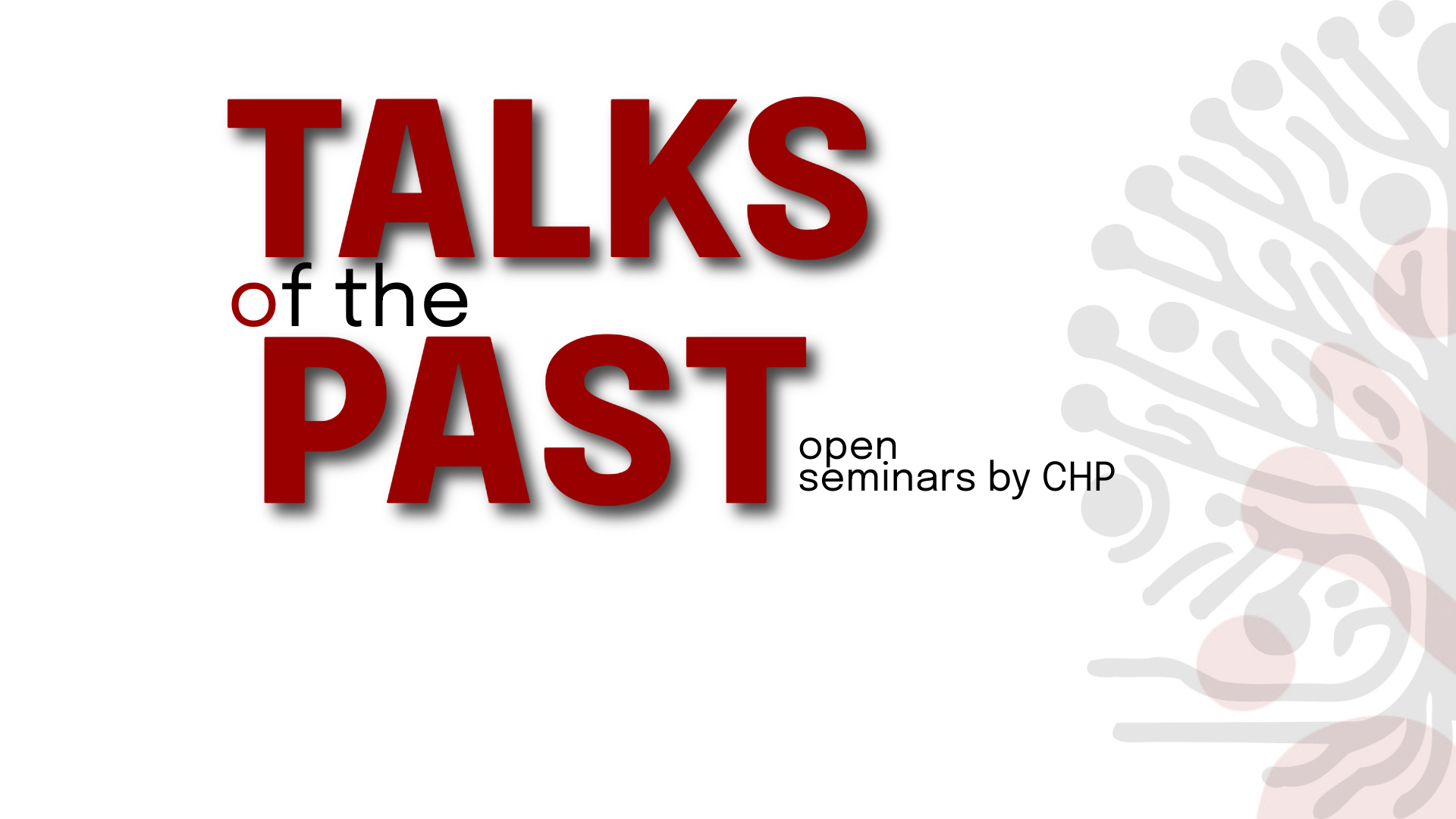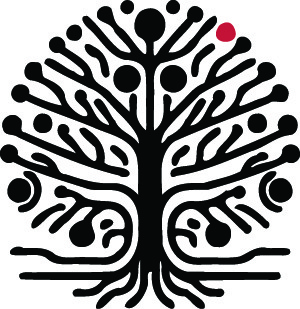
- This event has passed.
Talks of the Past (ToP) Open Seminar, Sept 4th, 2024: The genetic legacy of the expansion of Bantu-speaking peoples in Africa, speaker Carina Schlebusch

Canoe floating in the Loange River near the port of Kabombo (photo by Peter Coutros, Ghent University)
Synopsis
The Bantu expansion, a defining event of Holocene Africa, profoundly transformed the continent’s linguistic, cultural, and biological landscape. This talk integrates genomic data with evidence from other disciplines to explore the migration of Bantu-speaking peoples, which began around 6,000 years ago in western Africa. By analyzing DNA from modern and ancient populations across Africa, we reveal how genetic diversity diminishes with distance from the origin, pinpointing key regions like Zambia and the Democratic Republic of Congo as interaction hubs. Our findings underscore the complex interactions between migrating Bantu communities and indigenous groups, offering fresh perspectives that bridge the natural sciences and humanities, with implications for understanding African history and human variation.
A short film on the Ghent University BantuFirst project’s fieldwork can be viewed here (YouTube)
